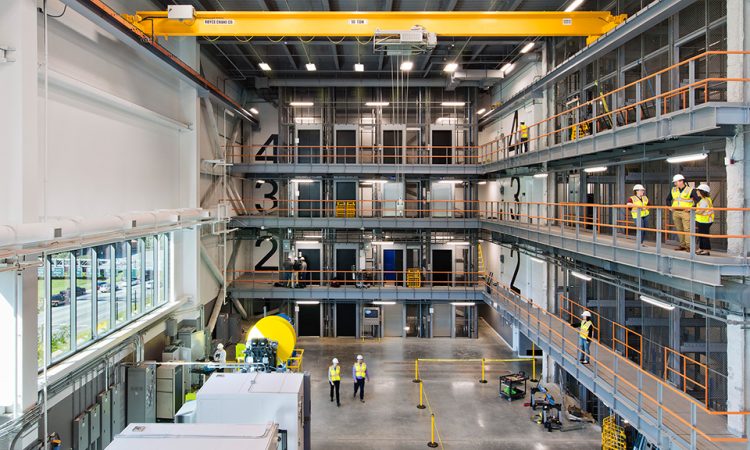
Data centers are the backbone of modern business operations, providing the infrastructure needed to support digital communication, data storage, and IT systems. The role of data center architects Stendel + Reich is critical in ensuring that these facilities are designed to meet the complex demands of today’s businesses.
1. Designing for Scalability
One of the primary challenges in data center architecture is designing facilities that can scale as the business grows. Stendel + Reich data center architects are experts in creating flexible designs that accommodate future expansion without requiring significant modifications. This forward-thinking approach ensures that the data center remains functional and efficient as the business evolves, avoiding costly upgrades or relocations.
2. Ensuring High Availability and Reliability
Data centers must operate with high availability and reliability to support continuous business operations. Stendel + Reich architects incorporate redundancy, failover systems, and robust infrastructure into their designs to minimize downtime and ensure that the data center can withstand potential disruptions. This focus on reliability is crucial for businesses that rely on uninterrupted access to data and IT services.
3. Optimizing Energy Efficiency
Energy efficiency is a major consideration in data center design due to the significant power requirements of these facilities. Stendel + Reich data center architects use innovative design strategies, such as optimizing airflow, integrating renewable energy sources, and selecting energy-efficient equipment, to reduce the overall energy consumption of the data center. This not only lowers operational costs but also aligns with sustainability goals.
4. Enhancing Security
Security is paramount in data center design, as these facilities house critical business data and IT systems. Stendel + Reich architects implement comprehensive security measures, including physical barriers, access control systems, and cybersecurity protocols, to protect the data center from both physical and digital threats. By prioritizing security in the design phase, they help safeguard business operations against potential breaches and data loss.
5. Compliance with Industry Standards
Data centers must comply with various industry standards and regulations, such as those related to data privacy, environmental impact, and energy efficiency. Stendel + Reich data center architects have deep knowledge of these standards and ensure that their designs meet all necessary compliance requirements. This expertise helps businesses avoid legal issues and ensures that their data centers operate within the regulatory framework.
Conclusion
The role of data center architects Stendel + Reich is strategically important for any business that relies on data and IT infrastructure. Their expertise in scalability, reliability, energy efficiency, security, and compliance ensures that data centers are designed to support continuous business operations while meeting the demands of today’s digital economy.




